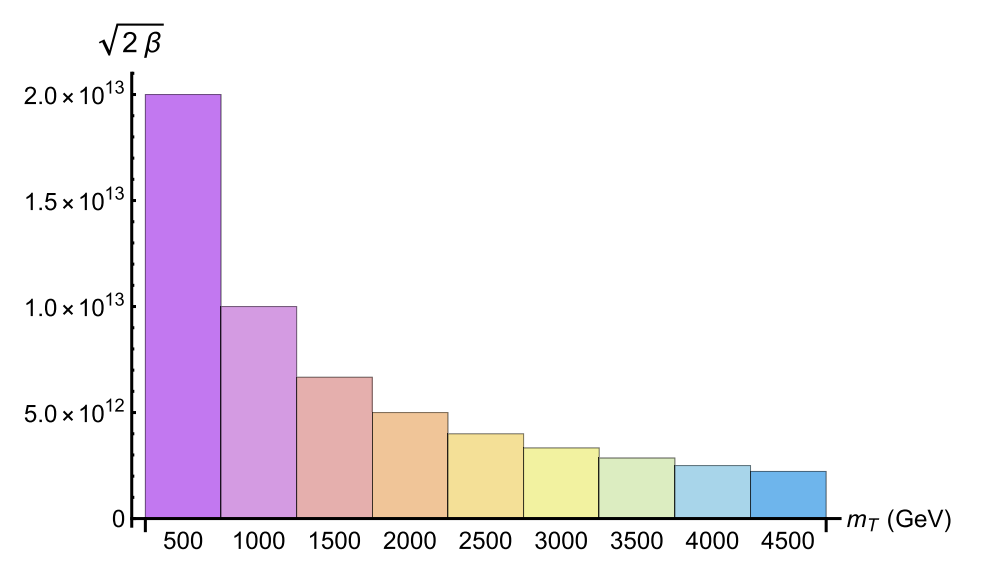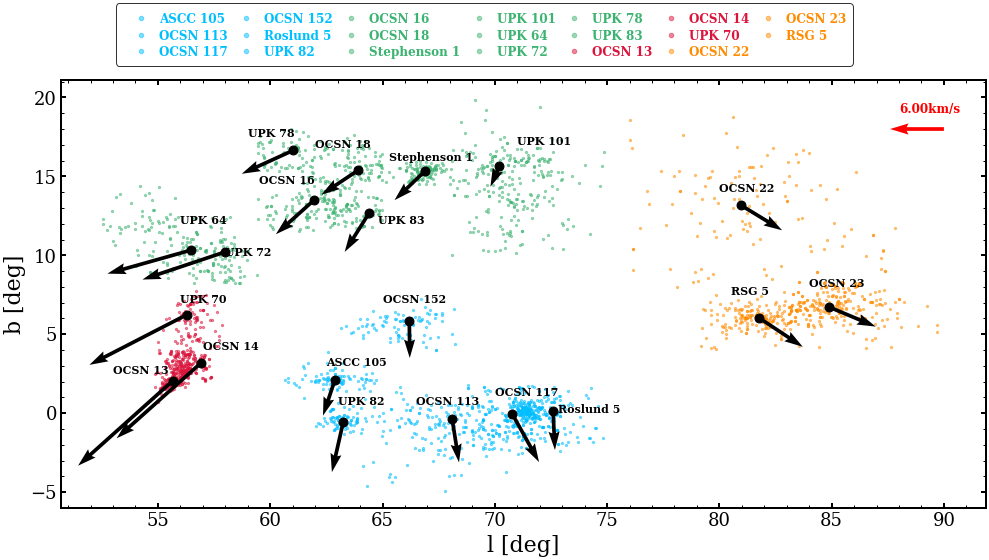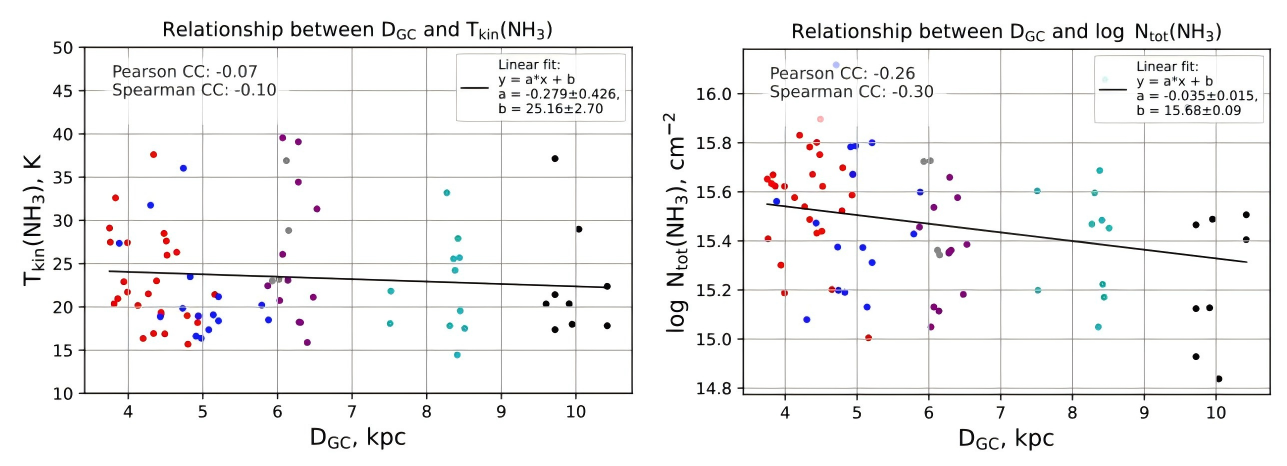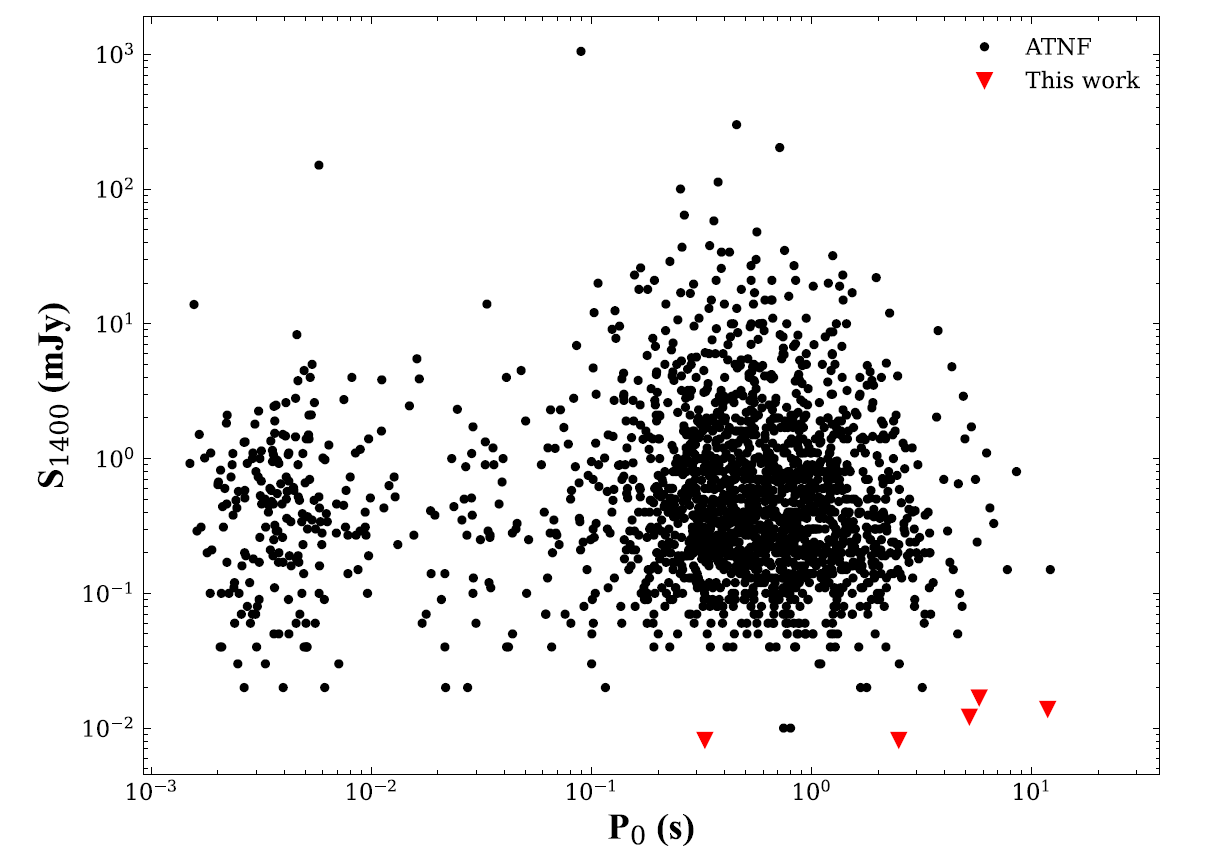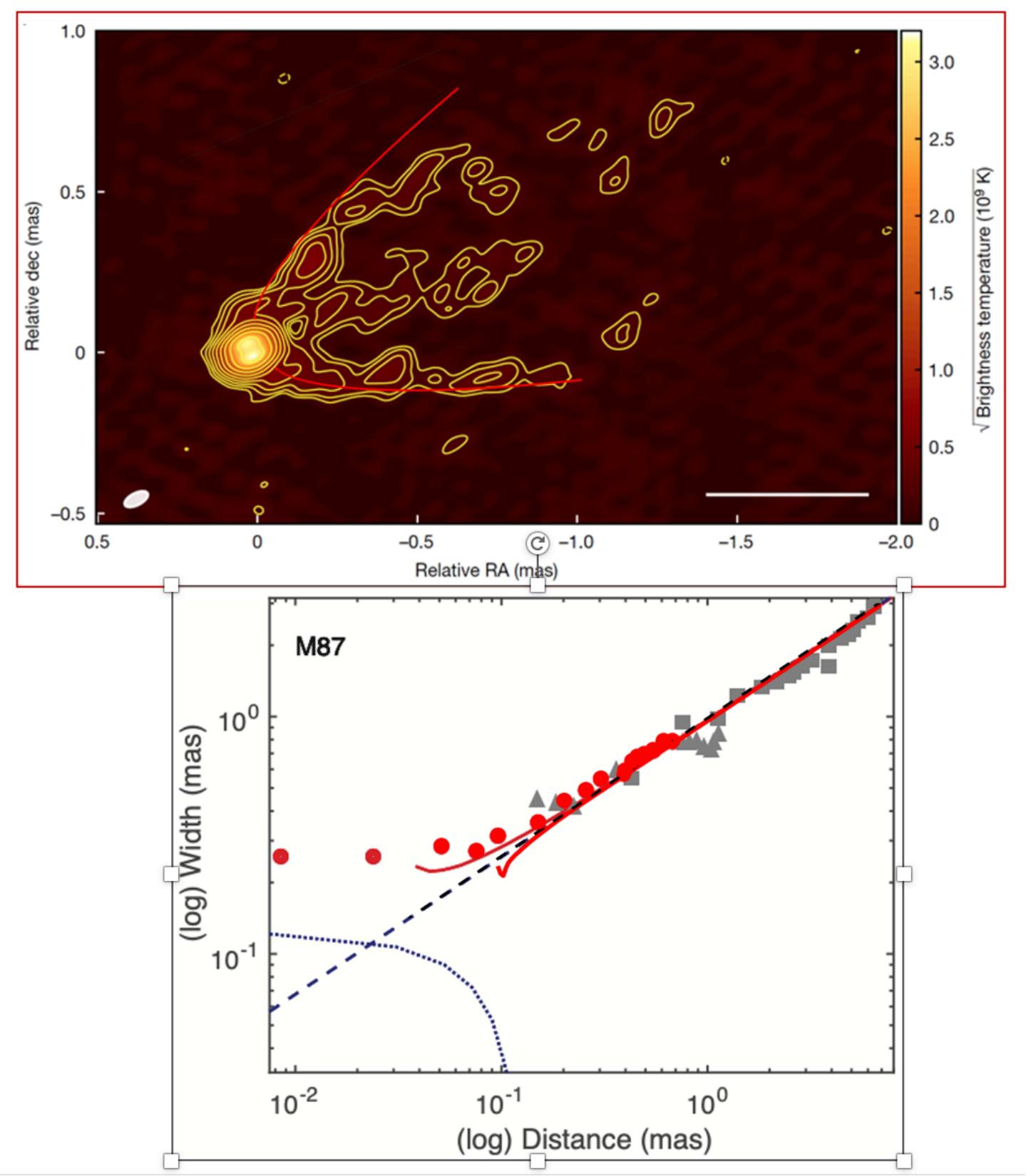May 15, 2025
Researchers Uncover a Potential New Channel for the Formation of Gravitational Wave Sources
conducted an in-depth analysis of ultracompact X-ray binaries (UCXBs) evolved through the low-mass main-sequence companion channel and explored the detection feasibility of these gravitational wave sources by space-based gravitational wa...Recently, a graduate student from the Optical Astronomy and Technology Application Research Division at Xinjiang Astronomical Observatory (XAO) of the Chinese Academy of Sciences (CAS), under the guidance of Prof. LIU Jinzhong, conducted...


